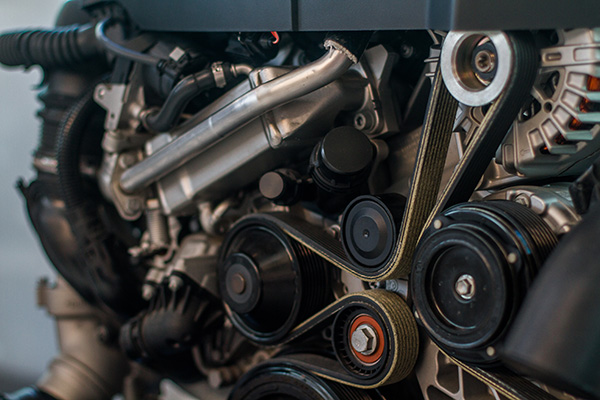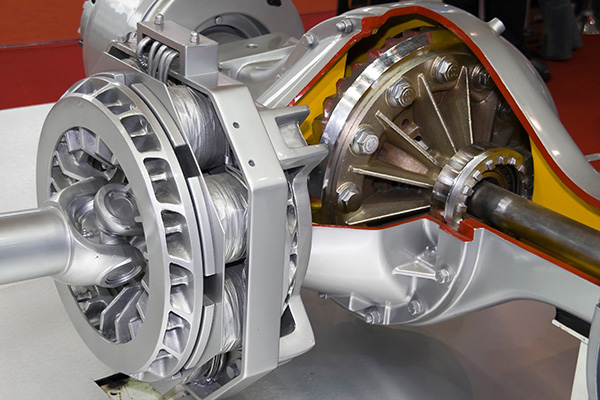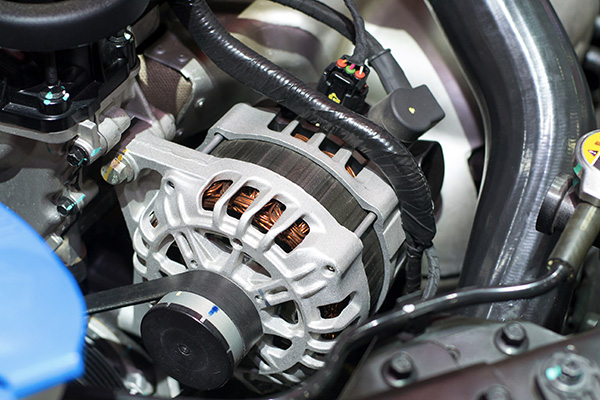Posted on 3/28/2025

Enhancing your vehicle's performance through ECU tuning is a popular modification among car enthusiasts. By adjusting the Engine Control Unit (ECU), you can unlock additional horsepower, improve throttle response, and optimize fuel efficiency. However, concerns about the safety and potential risks associated with ECU tuning are common. Understanding the process and its implications is crucial before making any modifications. What is ECU Tuning ECU tuning, also known as chip tuning or remapping, involves modifying the software within your vehicle's ECU to alter factory settings. Manufacturers often program ECUs conservatively to ensure compliance with emissions standards, fuel economy, and reliability across various conditions. Tuning adjusts parameters such as air-fuel mixture, ignition timing, and boost pressure (in turbocharged engines) to enhance performance. Is ECU Tuning Safe When performed correctly by experienced professionals, ECU ... read more
Posted on 2/28/2025

A hand brake is supposed to keep your car in place when parked, but what happens when it doesn’t feel secure? If you’ve noticed that your hand brake is loose or not holding properly, it’s not something to ignore. A failing hand brake can put your vehicle at risk of rolling unexpectedly, creating dangerous situations on hills or in parking lots. But what causes this problem, and what can you do about it? How the Hand Brake Works Before explaining why your hand brake might be loose, it helps to know how it functions. The hand brake, also called the parking brake or emergency brake, is a separate braking system from your main brakes. It typically operates using a cable that locks the rear wheels when engaged. This prevents the car from moving when parked, especially on inclines. Depending on your car, the hand brake may be a traditional lever, a foot pedal, or an electronic switch. No matter the type, if it feels loose or isn’t holding the car p ... read more
Posted on 1/31/2025

BMW owners often appreciate their vehicles for their performance, engineering, and innovative technologies. Among these is the VANOS system, BMW’s variable valve timing mechanism designed to optimize engine efficiency and performance. However, this component isn’t immune to issues, particularly in models from the mid-1990s to the late 2000s. A malfunctioning VANOS can lead to a range of problems that not only affect your driving experience but could also threaten your engine's lifespan. So, how can you tell if your VANOS is on the fritz? What Is the VANOS System BMW’s VANOS system is essentially a variable valve timing unit that adjusts the camshaft position to improve engine performance at different speeds. By optimizing airflow, it enhances power delivery, fuel efficiency, and overall driving dynamics. While it’s a brilliant piece of engineering, its design isn’t flawless, and over time, certain components are prone to failure. Un ... read more
Posted on 12/20/2024

Your car’s differential might not be the first thing you think about when it comes to maintenance, but it's essential for keeping your vehicle operating correctly. If you’ve ever wondered how your car manages to turn corners so effortlessly without tire damage or strain on your drivetrain, the differential is the hero behind the scenes. But like any other part of your car, regular care is required to keep functioning properly. So, how often should you service it, and why is it so important? What Does a Differential Do The differential is a critical component of your car’s drivetrain. It’s responsible for distributing power from the engine to the wheels while allowing them to rotate at different speeds. This is especially important during turns, as the inside wheel travels a shorter distance than the outside wheel. Without a differential, your car would experience significant strain ... read more
Posted on 11/29/2024

Your car's alternator might not get the same attention as the engine or transmission, but it's also keeping your vehicle running. The alternator is responsible for powering your car's electrical systems and charging the battery. It is a true workhorse under the hood. However, like any component, it does wear out over time. So, how do you know when it’s on its last legs? Dim or Flickering Lights One of the earliest signs of alternator trouble is dim or flickering headlights. If you notice that your headlights seem unusually dim when you’re driving at night, or they flicker when you’re idling, this could be a red flag. The alternator is responsible for supplying consistent power to your car's electrical components, including the headlights. When it starts to fail, it may not be able to keep up with your vehicle’s power demands, resulting in dimming lights. But it’s not just the headlights you need to watch out for. You mig ... read more